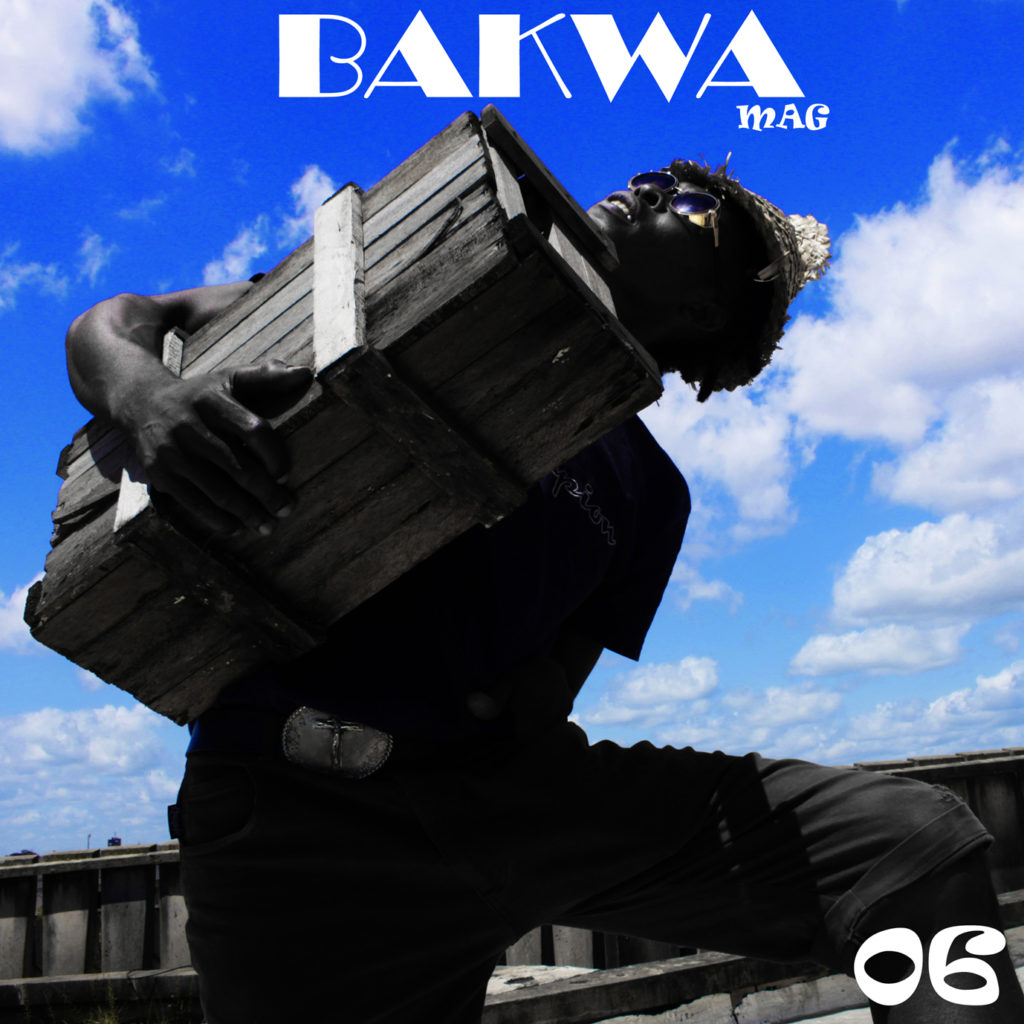Our sixth issue, while containing an array of experimental poetry (as well as writing and music supplements) in various creoles and pidgins, also ‘writes back’ to a number of magazines and blogs. This issue opens with Dante Besong’s response to an article in the New Statesman titled “Why pop culture won’t lay a finger on paedophile priests, despite years of abuse scandals”, which is an appraisal of Western cinema’s treatment of paedophile priests, in which Mark Lawson opines that “Fictional Catholic priests, however, have tended to be presented as either devil-busters – in the genre spawned by The Exorcist – or sexually as a bigger threat to adult women parishioners than to children.”
Serubiri Moses reviews BrymO’s album Merchants Dealers & Slaves, offering a multi-layered reading which shows that BrymO derives both pleasure and pain from Lagos, as though it were a dangerous muse.
Nchanji Melvin analyses Lapiro de Mbanga’s legacy, highlighting the fact that he chose to sing almost entirely using his peculiar brand of pidgin, and that his most popular songs were those sung using this medium solidifies his pioneering status. His use of this fringe and often rejected language means he not only voiced the concerns of the people but projected and popularised their identity.This is followed by my response to Tatla Mbetbo’s piece “Le slam camer est stone”, from Culture Ebene, which, far from being an objective piece rather reads like the product of some feud because it eschews research in favor of a “revenge narrative” which does a great disservice to Stone Karim and the image of spoken word in Cameroon.
Brazilian Photographer Dimitri Pilalis documents the nightmarish reality of public and private mental health care institutions in Jakarta, Indonesia’s capital city, where he was in contact with patients for 60 days, with many patients appearing underfed, naked, and inhumanely restrained.
Jack Little’s poem in Spanglish explores the space between English and Mexican Spanish in his life. The title ‘Languaje’, a deliberate play on the words ‘lenguage’ and ‘language’, where the ‘g’ has a completely different sound although the word looks almost the same and the poem takes dreamlike elements of sleep and uses water as a metaphor for exploring the space and sound between the two languages; Lorena Caputo’s poetry also experiments with Spanglish; Sihle Ntuli’s poem explores night life in Durban; Kate Hampton’s poem is a love song, wherein Nairobi is both town and lover, written in beautiful Sheng and English; Nforche Gerald’s poetry is infused with powerful imagery and a command of pidgin; and Minna Salami proclaims her Afropolitanism and feminism in original and challenging pidgin poems.
Dzekashu MacViban
